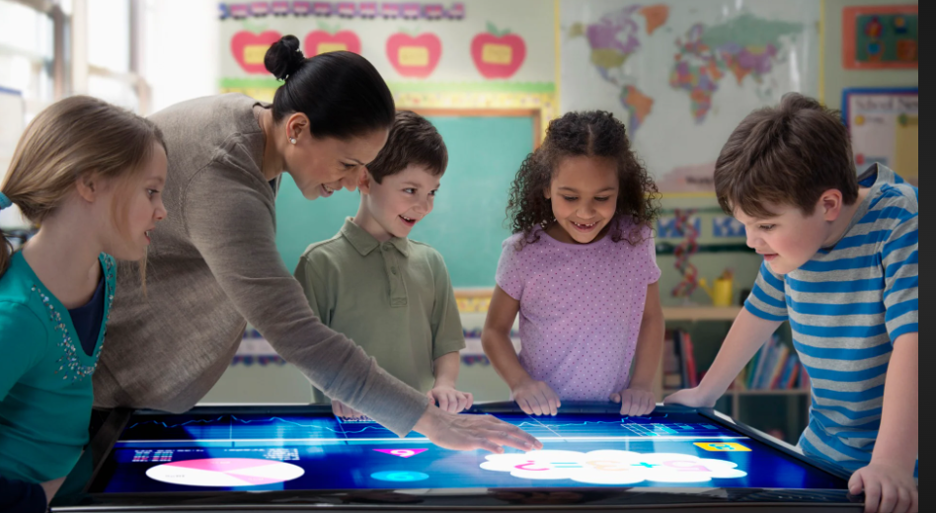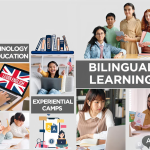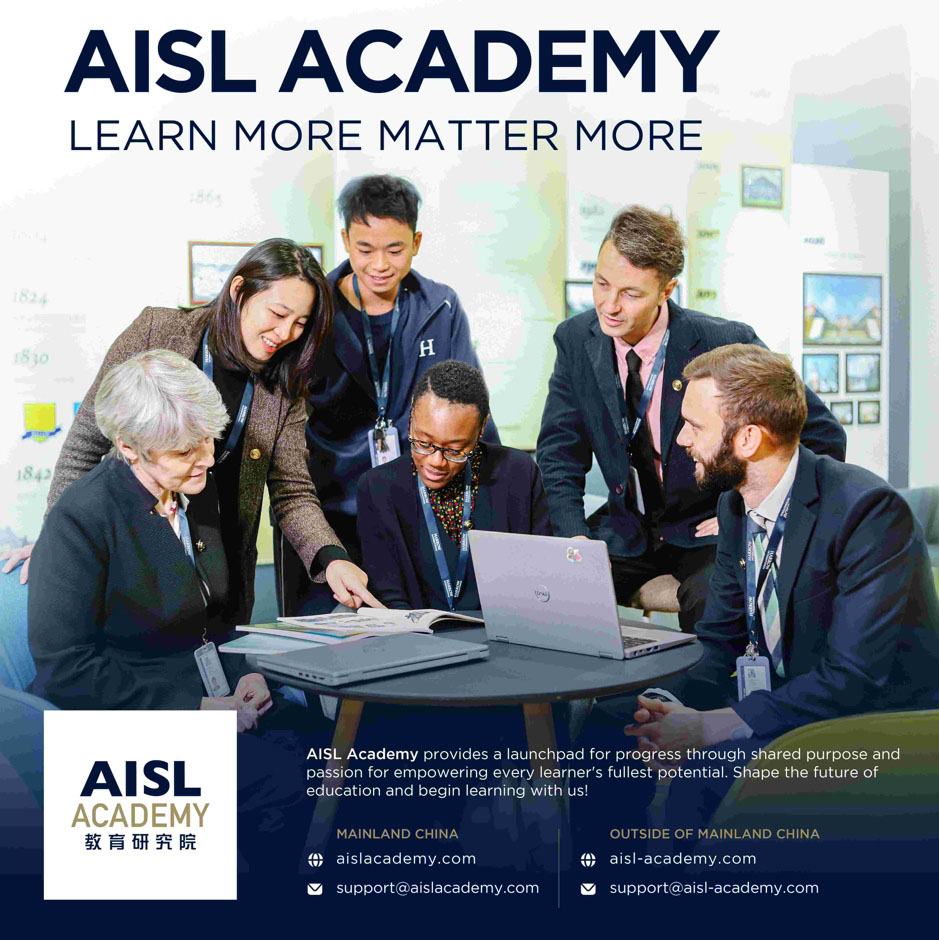Artificial Intelligence (AI) is actively revolutionising the field of education, reshaping the way teachers teach and students learn. With its ability to streamline administrative tasks and personalize learning experiences, AI is making significant strides in enhancing teaching practices.
One area where AI is making a profound impact is in the realm of personalised learning experiences. AI-powered tools can analyse vast amounts of data, identifying patterns in student performance to enable teachers to tailor their lessons effectively. By analysing student data, such as academic performance, learning preferences, and interests, AI algorithms can recommend appropriate instructional strategies, activities, and resources for each student. This approach helps teachers design lessons that cater to diverse learning styles and abilities, fostering greater engagement and improved learning outcomes.
Automated Assessments
Automated grading and feedback are other areas where AI is transforming education. Utilizing Natural Language Processing (NLP), AI can automatically grade student essays and provide feedback at scale. This frees up educators’ time, allowing them to focus on higher-level tasks such as course design and one-on-one guidance.
AI also plays a crucial role in improving accessibility in eLearning. By leveraging text-to-speech and speech-to-text technologies, eLearning courses can be made more accessible for learners with different types of disabilities, ensuring inclusivity in the learning process.
The integration of AI tools such as Latent Semantic Indexing (LSI) enables smarter search capabilities within course materials. Learners can easily search for specific information, facilitating efficient knowledge retrieval when needed.

Adaptive Assessments
Adaptive assessments powered by AI provide valuable insights into student progress and inform instructional planning. These tools use algorithms to analyse student responses, adapting the difficulty level of questions based on individual performance. Teachers can identify areas where students may need additional support, differentiate instruction, and provide timely feedback to guide their learning effectively.
AI can also streamline the lesson planning process through automated generation. AI-powered platforms equipped with natural language processing capabilities can generate lesson plan templates based on specified criteria. These templates include learning objectives, activities, assessments, and resources, providing a structured framework for teachers to customize and refine according to their instructional goals.
A report from the World Economic Forum suggests that AI-powered educational tools can enhance student engagement by providing interactive and immersive learning experiences. It estimates that AI will contribute to a 1.5% increase in student engagement by 2025.
Furthermore, AI-powered platforms facilitate collaboration among teachers, allowing for the sharing of lesson plans, resources, and best practices. Educators can engage in virtual communities, seeking feedback, exchanging ideas, and gaining inspiration from their peers. This collaborative aspect fosters professional growth, encourages innovation, and promotes a culture of continuous improvement in lesson planning.
By automating routine tasks and freeing up time, AI empowers teachers to allocate more energy to individualised support for students, resulting in a more meaningful and impactful learning experience.
As AI continues to advance, it is crucial for educators to embrace this technology as a valuable ally in their quest for innovative and impactful teaching practices. By harnessing the power of AI, teachers can unlock new possibilities and enhance the quality of education for their students in the years to come.









